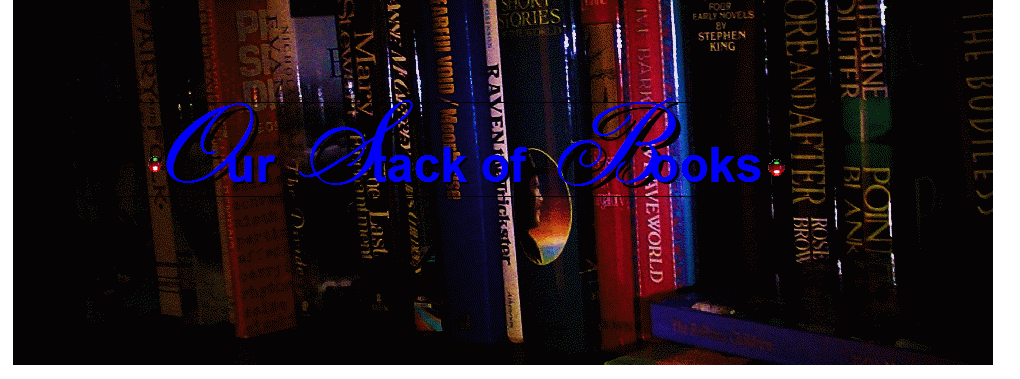Monday, October 4, 2010
Read free novels online: THE LORD OF THE RINGS by J.R.R. Tolkien
The Lord of the Rings Summary
In THE LORD OF THE RINGS, the world that Tolkien has created is rich and real, complete with civilizations of men, orcs, trolls, dwarfs, elves, and hobbits, all fully imagined, with customs, traditions, and languages of their own. Full of quiet humor and high moral seriousness, the trilogy appeals equally to young and old, to aficionados of fantasy and serious students of literature.
In Part 1, THE FELLOWSHIP OF THE RING, the hobbit Frodo, his servant Sam, and his companions Merry and Pippin set out on the first stage of the quest to destroy the ring. They are joined by the wizard Gandalf and a mysterious man called Strider, later revealed as Aragorn, King of Gondor; these two are the most formidable of the heroes leagued against Sauron. Along the way they are hounded by the Black Riders, Sauron’s agents, and the party splits up.
Part 2, THE TWO TOWERS, tells of the opening of the War of the Rings, in which the forces of Gondor defeat Saruman, the traitor wizard and minion of Sauron. It goes on to recount the journey of Frodo and Sam into Mordor, Sauron’s black and blighted kingdom.
Part 3, THE RETURN OF THE KING, recounts the defeat of Sauron and the triumph of Aragorn, made possible by the fulfillment of Frodo’s quest. THE LORD OF THE RINGS, which can be enjoyed both as an adventure story and as a profound exploration of the nature of good and evil, is a deeply rewarding work that invites rereading. *from enotes*
About Tolkien
John Ronald Reuel Tolkien, CBE (3 January 1892 – 2 September 1973), who pronounced his surname /ˈtɒlkiːn/,[1][2] was an English writer, poet, philologist, and university professor, best known as the author of the classic high fantasy works The Hobbit, The Lord of the Rings, and The Silmarillion.
Tolkien was Rawlinson and Bosworth Professor of Anglo-Saxon at Oxford University from 1925 to 1945 and Merton Professor of English Language and Literature there from 1945 to 1959.[3] He was a close friend of C. S. Lewis—they were both members of the informal literary discussion group known as the Inklings. Tolkien was appointed a Commander of the Order of the British Empire by Queen Elizabeth II on 28 March 1972.
After his death, Tolkien's son Christopher published a series of works based on his father's extensive notes and unpublished manuscripts, including The Silmarillion. These, together with The Hobbit and The Lord of the Rings, form a connected body of tales, poems, fictional histories, invented languages, and literary essays about an imagined world called Arda, and Middle-earth[4] within it. Between 1951 and 1955, Tolkien applied the term legendarium to the larger part of these writings.[5]
While many other authors had published works of fantasy before Tolkien,[6] the great success of The Hobbit and The Lord of the Rings led directly to a popular resurgence of the genre. This has caused Tolkien to be popularly identified as the "father" of modern fantasy literature[7][8]—or, more precisely, of high fantasy.[9] In 2008, The Times ranked him sixth on a list of "The 50 greatest British writers since 1945".[10] Forbes ranked him the 5th top-earning dead celebrity in 2009.[11] *from Wikipedia*
Labels:
read free novels online
Subscribe to:
Post Comments (Atom)

No comments:
Post a Comment